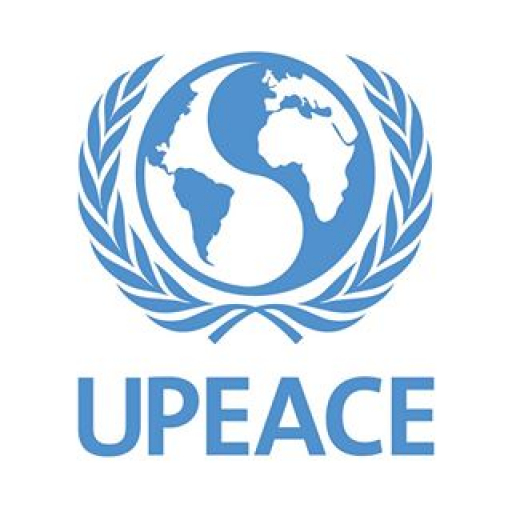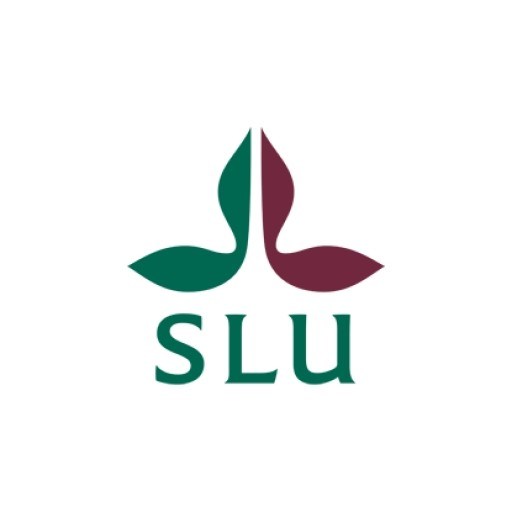The Bachelor of Humanitarian and Development Studies at Western Sydney University is a comprehensive undergraduate program designed to equip students with the skills, knowledge, and practical experience necessary to make meaningful contributions to global and local development initiatives. This program explores the complex issues surrounding humanitarian aid, sustainable development, social justice, and international aid policy. Students will gain a thorough understanding of the social, political, economic, and environmental factors that influence vulnerable populations and marginalized communities around the world. The curriculum emphasizes critical thinking, ethical considerations, and effective communication, preparing graduates to work in diverse environments such as non-governmental organizations, government agencies, international agencies, and community development projects. Throughout the course, students will engage in real-world case studies, fieldwork, and internships to develop hands-on experience and strengthen their practical skills. The program also fosters intercultural competence and encourages students to consider innovative solutions to address global inequalities and humanitarian challenges. Graduates of this degree will be well-positioned to pursue careers in humanitarian aid coordination, policy analysis, program management, advocacy, and research. The Bachelor of Humanitarian and Development Studies aims to develop compassionate, resourceful, and ethical professionals committed to promoting social justice, human rights, and sustainable development on a local, national, and international level. By combining academic excellence with practical applications, the program prepares students to become effective practitioners and change-makers capable of leading positive change in a rapidly evolving world.
The Bachelor of Humanitarian and Development Studies at Western Sydney University offers a comprehensive introduction to the vital fields of humanitarian aid, international development, and social justice. This innovative program is designed to equip students with the knowledge and practical skills necessary to address complex global challenges such as poverty, inequality, conflict, and displacement. Throughout the course, students will explore critical topics including humanitarian ethics, disaster management, sustainable development, human rights, and the role of non-governmental organizations. The curriculum emphasizes a multidisciplinary approach, integrating theories and practices from social sciences, political science, economics, and law to prepare graduates for careers in international aid agencies, government departments, non-profit organizations, and community development initiatives.
Students will have the opportunity to engage in hands-on learning experiences such as community placements, project work, and internships, enabling them to apply classroom knowledge in real-world contexts. The program also encourages critical thinking, intercultural understanding, and ethical decision-making as core competencies essential for effective humanitarian work. With a strong emphasis on global perspectives, students will analyze case studies from around the world, gaining insights into the complexities of aid and development efforts in diverse cultural and political environments. Graduates of this program will be well-prepared to contribute to initiatives that promote social justice, resilience, and sustainable development, making a tangible difference in vulnerable communities. The Bachelor of Humanitarian and Development Studies at Western Sydney University is ideal for individuals passionate about making a positive impact on society and committed to lifelong learning in these dynamic fields.
Bachelor's Degree in Arts or Social Sciences, or some other tertiary degree combined with no less than six months professional experience at a development or humanitarian aid circumstance.
Want to improve your English level for admission?
Prepare for the program requirements with English Online by the British Council.
- ✔️ Flexible study schedule
- ✔️ Experienced teachers
- ✔️ Certificate upon completion
📘 Recommended for students with an IELTS level of 6.0 or below.
The financing of the Bachelor of Humanitarian and Development Studies at Western Sydney University is designed to support students through various financial options and institutional support mechanisms. The program's tuition fees are set annually and vary depending on whether students are domestic or international. Domestic students benefit from government subsidies, such as the Commonwealth Supported Place (CSP), which significantly reduces the financial burden by covering a portion of the tuition fees, leaving the student responsible for student contribution amounts. International students, on the other hand, pay full tuition fees set by the university, which are competitive within the Australian higher education sector.
Students are encouraged to explore several funding opportunities including scholarships, grants, and bursaries offered by Western Sydney University. These financial aid options are targeted at supporting students based on merit, financial need, or specific demographic criteria. Scholarships may cover full or partial tuition fees and sometimes include living stipends. The university also participates in government financial assistance schemes for eligible domestic students, such as HECS-HELP, which allows students to defer payment of their tuition fees until they are earning above a certain income threshold.
In addition to government support, students can consider external sources of funding, such as private scholarships, sponsorships, or loans from financial institutions. The university’s financial services department provides guidance on navigating these options and planning financial commitments throughout the course duration.
Students are expected to budget for additional costs, including textbooks, materials, travel, and personal expenses, which are not covered by tuition fees or scholarships. Western Sydney University offers various payment plans and options enabling students to manage their financial commitments more flexibly. These include paying fees in installments over the academic year, which can help to ease the financial burden.
Overall, Western Sydney University is committed to making its programs accessible through diverse financing options and comprehensive support. The university’s financial aid policies aim to reduce barriers to education, ensuring that students can pursue their studies in Humanitarian and Development Studies without undue financial hardship. Prospective students are advised to consult the university’s official financial aid webpage and speak with financial advisors to tailor a financing plan suitable to their individual circumstances.
Humanitarian and Development Studies at Western Sydney University offers students a comprehensive understanding of the complex challenges faced by communities around the world. This program prepares graduates to work effectively in various sectors including NGOs, government agencies, and international organizations, focusing on sustainable development, emergency management, and social equity. The curriculum combines theoretical foundations with practical skills, covering topics such as international aid, human rights, conflict resolution, and public policy. Students engage in research projects, internships, and community engagement activities that enhance their understanding of real-world issues. The program emphasizes intercultural competence, ethical considerations, and collaboration with diverse stakeholders. It aims to equip students with the analytical skills necessary to assess development programs and humanitarian responses critically. Graduates are prepared for careers in development agencies, humanitarian organizations, and policy advisory roles, with the ability to address issues like poverty, displacement, and social injustice effectively. Western Sydney University also offers opportunities for global internships and exchange programs, allowing students to gain international experience. The program maintains strong links with industry partners to ensure that the curriculum remains relevant and responsive to current global trends and challenges. This combination of academic learning and practical exposure is designed to foster innovative thinking, leadership, and a committed professional ethos for those pursuing careers in humanitarian aid and sustainable development initiatives worldwide.











